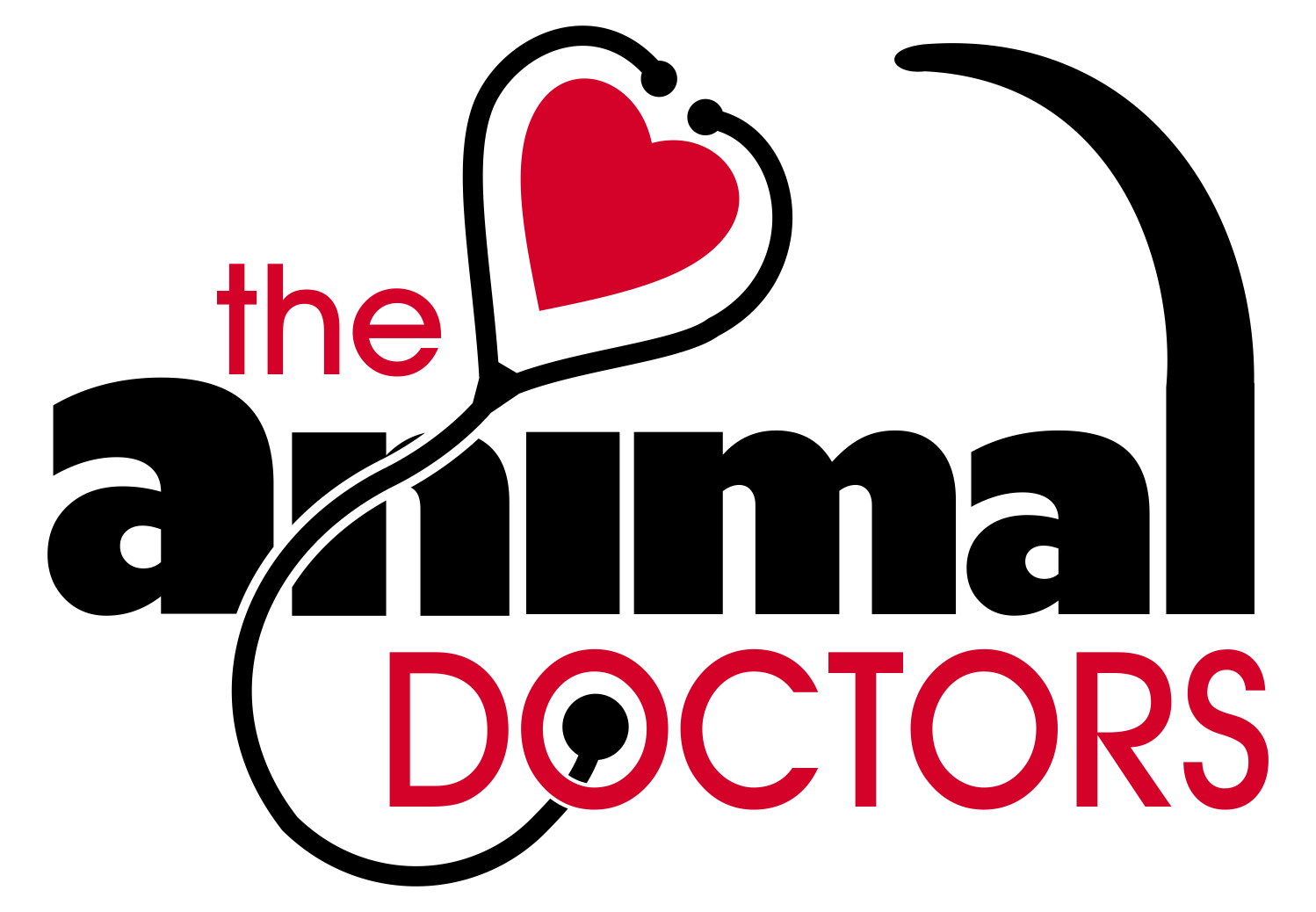Comprehensive Oral Health Assessment & Treatment
Good oral hygiene is important for dogs and cats. “Dog breath” and “cat breath” is not just a nuisance - it could indicate that there is significant dental or oral disease. The odor is caused by bacteria, which over time will turn into tartar, tooth decay, gum inflammation, and even bone loss. The bacteria could spread throughout the body and cause problems with the kidneys, liver, and heart. Not only is proper dental care important for the short term, but for quality and longevity of life. We provide care for a lifetime of healthy smiles.
Dental procedures may be recommended by our veterinarians. After a pre-surgical dental consultation and bloodwork, we place your pet under carefully-monitored anesthesia and perform a more thorough oral examination. We refer to this as a comprehensive oral assessment because we are evaluating ALL of the structures within the oral cavity, from the gum tissue to the tooth. We examine individual teeth for mobility, fractures, malocclusion, and periodontal disease. We remove plaque and tartar using hand instruments and power scaling equipment. We give your pet’s teeth a thorough ultrasonic cleaning and polishing, then apply a fluoride and plaque prevention gel.
To get the “whole picture” of what is going on with each tooth, we perform x-rays to view your dog or cat’s mouth from the roots to the crowns of the teeth. Advanced treatment options are available when necessary. Dental extractions may be needed to prevent further stages of periodontal disease and pain for your pets. X-rays have become part of the standard of veterinary care for dental procedures and are performed on each patient undergoing a dental procedure, even if we do not expect disease to be present.
It is important to watch your dog or cat at home for any concerns that can signal dental problems. These include:
Bad Breath
Excessive drooling or dropping food from the mouth
Loss of appetite or weight loss
Sudden disinterest in chew toys
Swollen or painful mouth
Pawing at the mouth mouth
Yellow, discolored, loose, or missing teeth
Bleeding gums or redness and swelling of gums
In addition to professional dental care, it is recommended that you brush your companion's teeth regularly. We recommend brushing at least three times a week, if not daily! Our experienced staff will be happy to demonstrate and give you advice on various dental health products you can use at home. The Veterinary Oral Health Council is a good resource when trying to determine what type of treat or product will be beneficial for maintaining your pet’s oral health.


